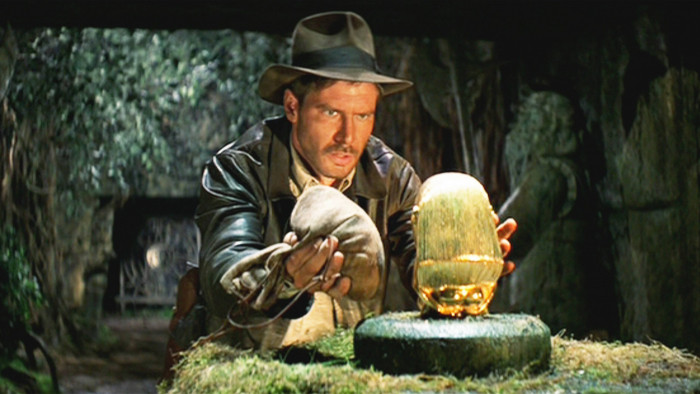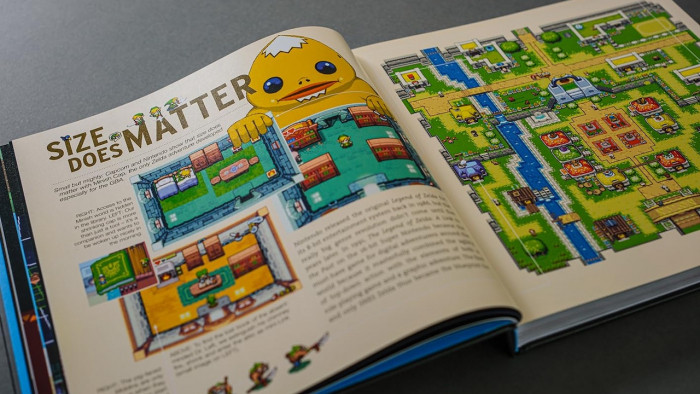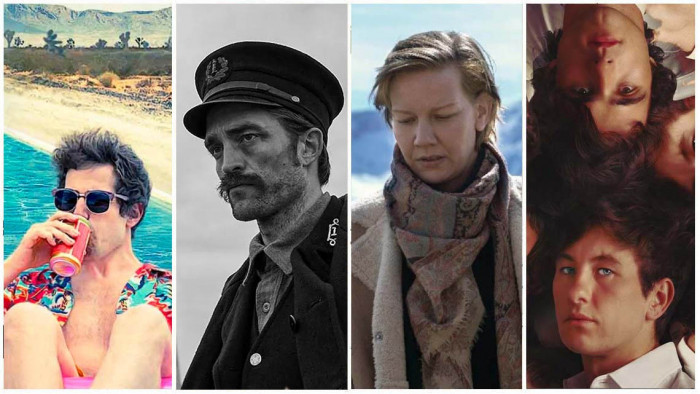He’s faced down terror, written some of the 20th century’s seminal novels and took on Zuckerberg and won. ShortList’s Andrew Lowry meets Salman Rushdie
It’s a strange experience, meeting Sir Salman Rushdie. If you were anywhere near a television set at any point in the Nineties, he was a semi-mythological figure – a crusader for free speech and fugitive from theocratic hitmen, more legend than man.
But today, you walk into a plush London hotel room and there he is, with no frisking of me required and nary a Special Branch man in sight. It’s forgivable to fleetingly speculate what the bounty is on his head these days. We’re here to talk about the impending film version of Rushdie’s landmark novel Midnight’s Children – the 1981 bestseller and two-time winner of the ‘Best Of Booker’ prize.
However, it’s certainly not the easiest read. As I somehow find myself telling the acclaimed author, my mum couldn’t finish it. Fortunately, the 65-year-old author doesn’t bat an eyelid when I blurt out this fact.
“It’s a long book – she should try another one,” he says with a smile. “I’m fortunate in that there are enough people who do like my stuff. It never occurred to me when I became a writer that my books would ever be popular – the idea that they would be international bestsellers didn’t occur to me. If you wanted to try to write a bestseller, you wouldn’t write Midnight’s Children. You’d write Twilight or something, and this, it’s fair to say, is not in that area.”
Making a classic
What area Midnight’s Children is in could be talked about all day. A sprawling, magical-realist allegory of India’s post-war history told by Saleem, a telepathic boy with a constantly dripping nose, it defies categorisation. There’s everything in there, from political broadsides against Indian prime minister Indira Gandhi (who sued over a single sentence) to wacky comedy when a doctor examines a girl through a sheet. Now it’s been turned into a film, crucially an Indian-produced one. Although born in India, Rushdie spent his formative years in England, going to school and university there.
“One of the reasons for writing the book,” he says, “was that I was living in Kentish Town and I worried that I was losing touch with India, that I was becoming detached from the country I was raised in, and I didn’t like the feeling of that. I wanted to do something that was a way of reclaiming it – to say that it still belonged to me. First I travelled in India for five months, just to renew my relationship with the place. And then I wrote the book.”
Before Midnight’s Children, though, came an unlikely career in advertising. If Rushdie’s novels were forgotten tomorrow, he’d still be the man who coined the phrase “Naughty but nice” (to advertise cream cakes). By night, he was scribbling away; first on a brace of unpublished novels (“I had a few crappy ones that never made it, thank God”), then a science-fiction novel, which was released to widespread indifference, and finally Midnight’s Children, which became one of the publishing phenomena of the Eighties.
As you’d expect, Rushdie’s been intimately involved in adapting it for the screen. “This is the first of my books to be filmed and I would hate it if I was not involved,” he says. “If I just showed up at the premiere, saw it and thought, ‘Sh*t, I don’t like it’, that would be awful. So I thought, roll up your sleeves, get your hands dirty and do the work.” He’s gone as far as narrating the film himself – although that took some persuading from director Deepa Mehta. “We did rationalise it – for the film to come out now, Saleem would be 65, so you couldn’t have his 30-year-old self narrating the film from a time when he was 65. Let’s imagine that the narrator is an older Saleem looking back on his life. Even then, I didn’t imagine that it would be me doing it. I was very surprised when Deepa said she thought I should do it, and more than a little scared. But then again, I did always want to be an actor.”
Courting controversy
More books followed Midnight’s Children, as did more acclaim, but Rushdie’s fourth novel The Satanic Verses was, shall we say, controversial. Some Muslims were enraged by what they saw as the sacrilegious elements of the novel, which ranged from their misunderstanding of the title (a reference to the apocryphal story of the Prophet Muhammad supposedly being deceived into permitting polytheism) to the fact that Abraham is referred to as a “bastard”. Protests and bans swept the world. Some people supported Rushdie’s stand on freedom of speech grounds. Others were less supportive – including, bizarrely, Roald Dahl and Norman Tebbit, who called Rushdie an “outstanding villain”.
“There was a period of about six months after the book was published when things were escalating,” Rushdie recalls. “It wasn’t about danger for a long time, it was an argument and I was trying to put my side. The moment it began to change was 14 January, one month before the fatwa, when the book was burned in Bradford. I remember feeling physically sick at the sight of it – we all know the history of burning books. The fact that there were all these smug individuals standing around looking pleased with life while they were burning a book, that kind of disgusted me.” Come February 1989, Iran’s supreme leader Ayatollah Khomeini heard of a protest against the book in Pakistan in which six people died. On Valentine’s Day, he issued the now-notorious fatwa (a religious ruling made by an Islamic scholar) that stated Rushdie was to be killed on sight. London bookshops were bombed and Rushdie’s colleagues were attacked.
Under protection
How did it feel to have someone saying he had to die because he’d written a story? “It was terrifying,” says Rushdie. “The worst moments were when my Japanese translator was murdered, my Italian translator was knifed and beaten, and my Norwegian publisher was shot in the back three times. In all those cases, the police concluded that these were professional hits – these were not just random crazy people, these were hired assassins. Obviously I felt that these were proxy hits, that these were soft targets being hit instead of me, and I felt horrible.”
Rushdie settled into life with round-the-clock protection from Special Branch, moving from safe house to safe house like a criminal, rather than a writer. Internationally notorious, he was even made a Bond-style villain in a Pakistani film named International Guerillas. And there were periodic reminders that this was no game: “Every so often I’d get taken to that James Bond building on the river, with Judi Dench inside, and I would receive intelligence debriefs on what they thought the situation was.
“They often wouldn’t tell me how they knew things, but there were several times when they told me there were assassination squads in the country and various precautions had to be taken. And then I had to go back for a meeting 100 days later, and they used this phrase I’ll never forget – they said that an attack had been ‘frustrated’. I thought, ‘Frustrated? That’s a very strange word.’ I began to ask what they meant by it, then I just thought that it’s best not to ask. Some things you don’t want to know.”
By 1998, Khomeini was dead and the global situation had changed enough for Rushdie to come out of hiding, although the bodyguards stayed. The fatwa is still technically in place, figures in the Iranian regime still make threats and the bounty on his head runs to millions of dollars, but Rushdie today dismisses the threats as rhetoric, preferring to talk about his beloved Spurs – “Fifty-one years of hurt,” he grumbles, lamenting the last time the Lilywhites won the league title.
These days, however, the biggest foe Rushdie faces isn’t global terrorism or even Arsenal, but Mark Zuckerberg. “On my passport it says Ahmed Salman Rushdie, and Facebook suddenly decided I should be called Ahmed Rushdie, which nobody in my life has ever called me – except my mother, when she was cross. I’m not on it that much, but in the end I got p*ssed off that they were trying to change my name, so – I’m quite proud of this – I decided to use one social network against the other. I went on Twitter and said, ‘Look what f*cking Zuckerberg’s done,’ and within a couple of hours – boom – it was fixed.” And he seems genuinely chuffed. Facing off with the Ayatollahs and Facebook Let no one doubt the man has cojones…
Midnight’s Children is at cinemas nationwide from 26 December
(Image: Rex Features)
Latest
Related Reviews and Shortlists


The 10 best war movies of the 21st century









